Explore All Articles
All Articles
Article Topic

The origin of public concerns over AI supercharging misinformation in the 2024 U.S. presidential election
Harry Yaojun Yan, Garrett Morrow, Kai-Cheng Yang and John Wihbey
We surveyed 1,000 U.S. adults to understand concerns about the use of artificial intelligence (AI) during the 2024 U.S. presidential election and public perceptions of AI-driven misinformation. Four out of five respondents expressed some level of worry about AI’s role in election misinformation.
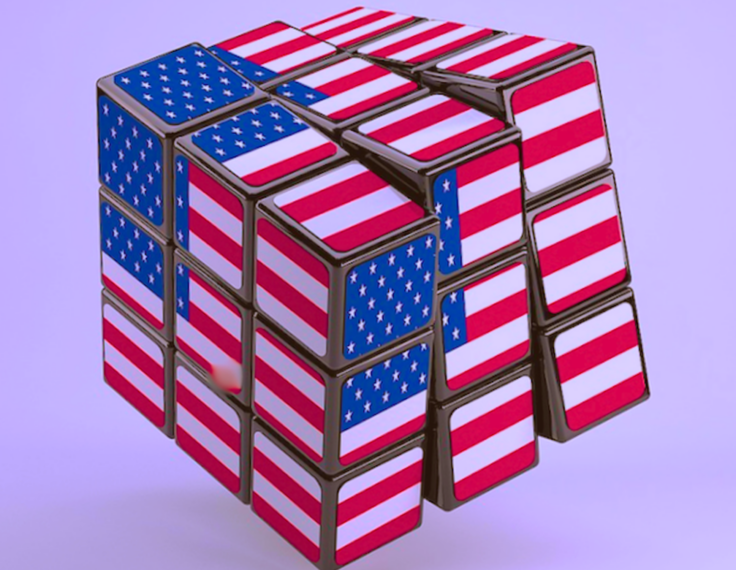
Trump, Twitter, and truth judgments: The effects of “disputed” tags and political knowledge on the judged truthfulness of election misinformation
John C. Blanchar and Catherine J. Norris
Misinformation has sown distrust in the legitimacy of American elections. Nowhere has this been more concerning than in the 2020 U.S. presidential election wherein Donald Trump falsely declared that it was stolen through fraud. Although social media platforms attempted to dispute Trump’s false claims by attaching soft moderation tags to his posts, little is known about the effectiveness of this strategy.

Beyond the deepfake hype: AI, democracy, and “the Slovak case”
Lluis de Nadal and Peter Jančárik
Was the 2023 Slovakia election the first swung by deepfakes? Did the victory of a pro-Russian candidate, following the release of a deepfake allegedly depicting election fraud, herald a new era of disinformation? Our analysis of the so-called “Slovak case” complicates this narrative, highlighting critical factors that made the electorate particularly susceptible to pro-Russian disinformation.
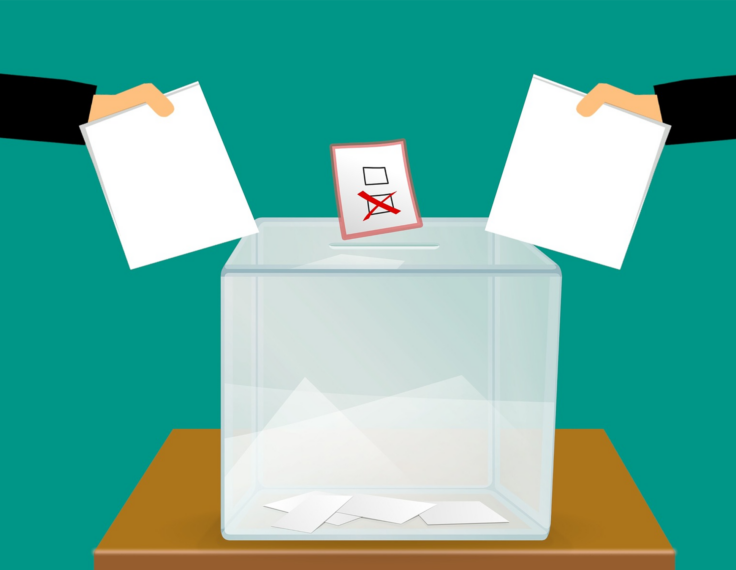
US-skepticism and transnational conspiracy in the 2024 Taiwanese presidential election
Ho-Chun Herbert Chang, Austin Horng-En Wang and Yu Sunny Fang
Taiwan has one of the highest freedom of speech indexes while it also encounters the largest amount of foreign interference due to its contentious history with China. Because of the large influx of misinformation, Taiwan has taken a public crowdsourcing approach to combatting misinformation, using both fact-checking ChatBots and public dataset called CoFacts.
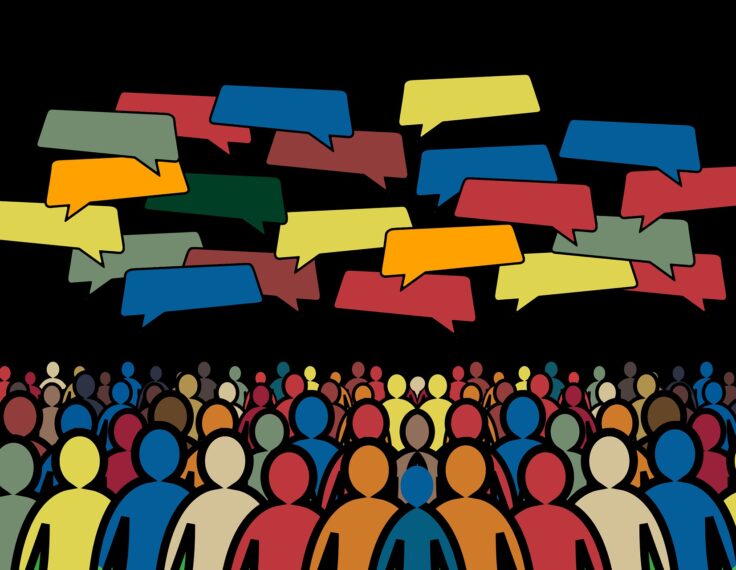
Brazilian Capitol attack: The interaction between Bolsonaro’s supporters’ content, WhatsApp, Twitter, and news media
Joao V. S. Ozawa, Josephine Lukito, Felipe Bailez and Luis G. P. Fakhouri
Bolsonaro’s supporters used social media to spread content during key events related to the Brasília attack. An unprecedented analysis of more than 15,000 public WhatsApp groups showed that these political actors tried to manufacture consensus in preparation for and after the attack. A cross-platform time series analysis showed that the spread of content on Twitter predicted the spread of content on WhatsApp.

Correcting campaign misinformation: Experimental evidence from a two-wave panel study
Laszlo Horvath, Daniel Stevens, Susan Banducci, Raluca Popp and Travis Coan
In this study, we used a two-wave panel and a real-world intervention during the 2017 UK general election to investigate whether fact-checking can reduce beliefs in an incorrect campaign claim, source effects, the duration of source effects, and how predispositions including political orientations and prior exposure condition them.

Explaining beliefs in electoral misinformation in the 2022 Brazilian election: The role of ideology, political trust, social media, and messaging apps
Patrícia Rossini, Camila Mont’Alverne and Antonis Kalogeropoulos
The 2022 elections in Brazil have demonstrated that disinformation can have violent consequences, particularly when it comes from the top, raising concerns around democratic backsliding. This study leverages a two-wave survey to investigate individual-level predictors of holding electoral misinformation beliefs and the role of trust and information habits during the 2022 Brazilian elections.
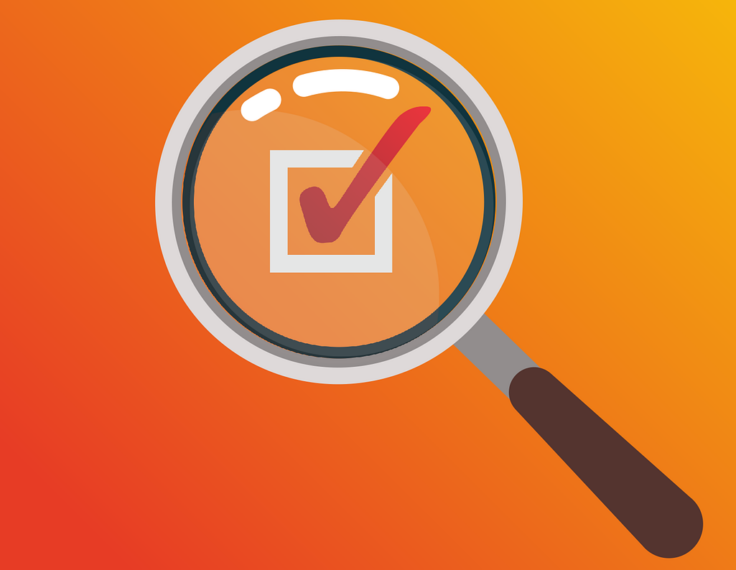
Fact-checking Trump’s election lies can improve confidence in U.S. elections: Experimental evidence
Catie Snow Bailard, Ethan Porter and Kimberly Gross
As the 2020 campaign unfolded, with a mix of extraordinary embellishments and outright falsehoods, President Trump’s attacks on the integrity of the U.S. electoral system grew louder and more frequent. Trump-aligned Republican candidates have since advanced similar false claims in their own campaigns in the lead-up to the 2022 midterm elections.
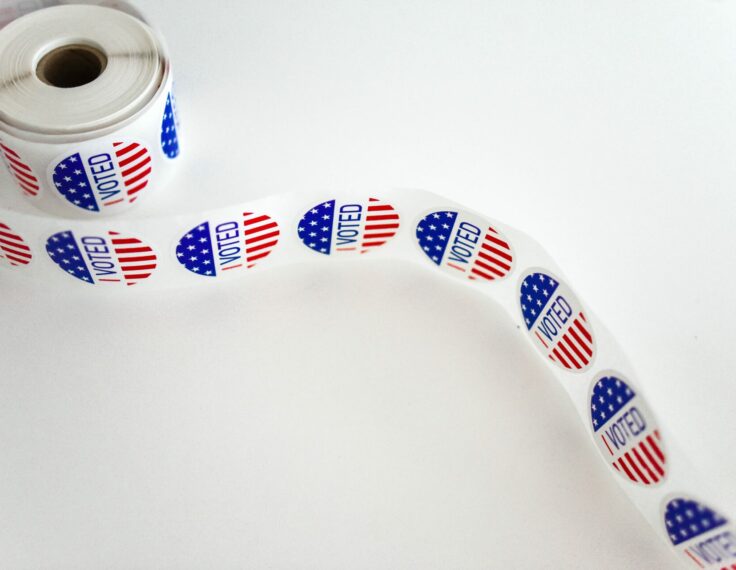
Research note: Explicit voter fraud conspiracy cues increase belief among co-partisans but have broader spillover effects on confidence in elections
Benjamin A. Lyons and Kaitlyn S. Workman
In this pre-registered experiment, we test the effects of conspiracy cue content in the context of the 2020 U.S. elections. Specifically, we varied whether respondents saw an explicitly stated conspiracy theory, one that was merely implied, or none at all. We found that explicit cues about rigged voting machines increase belief in such theories, especially when the cues target the opposing political party.
